Let's say thread 1(executed in Core 0) updates a global variable, and the updated global value is cached in Core 0's L1 cache(not flushed to the main memory). Then thread 2 starts to execute in Core 3, and it tries to read the global variable, and read it from the main memory(since it doesn't have the cached value), so thread 2 is reading a outdated value.
I know in C you can use volatile to force the compilier do not read the value form CPU registers, which means that volatile varaible will get its value from cache or main memory. In my above scenario, even if I declare the global variable with volatile, the latest value will still be cached in L1 cache, the main memory still has an old value which will be read by thread 2. So how can we fix this issue?
or maybe my understanding is wrong, using volatile will make the variable updated in main memory directly so everytime you try to read/write a volatile variable, you read/write it from/to the main memory directly?
